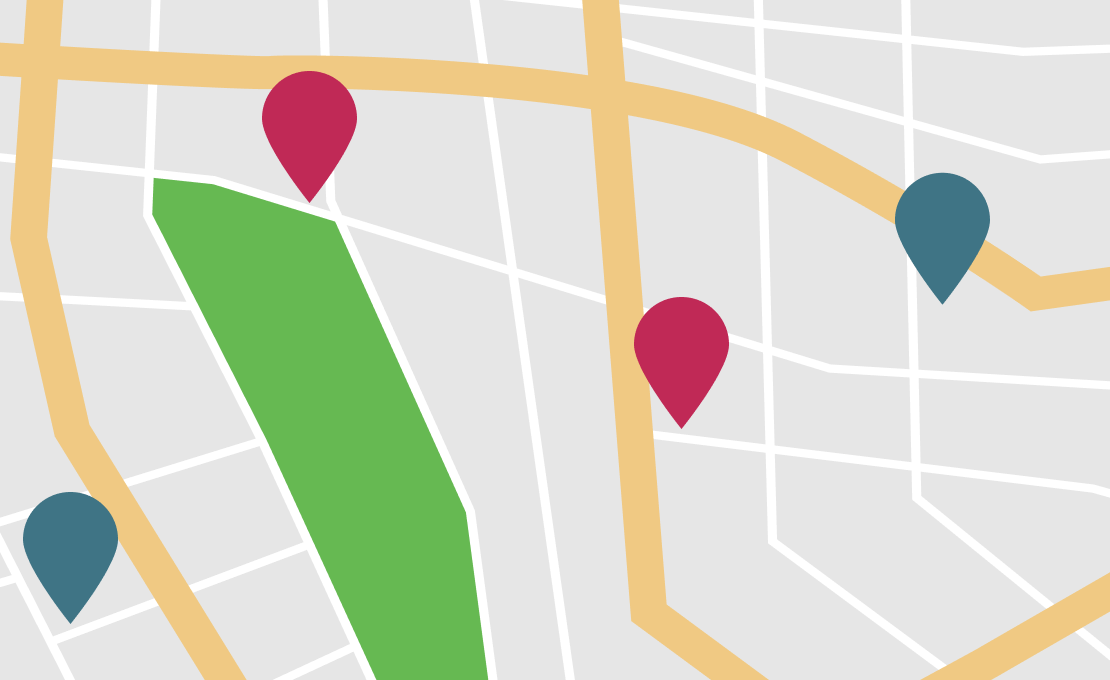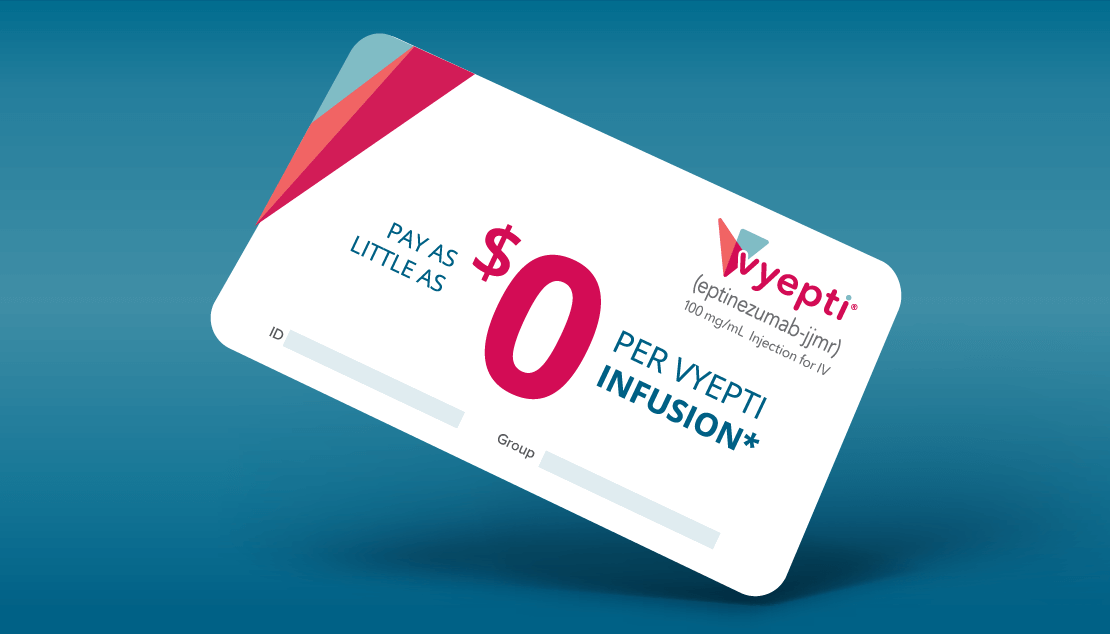See the patient impact you can have with VYEPTI
Your patient’s out-of-pocket cost may vary depending on their dose, insurance coverage, and eligibility. Eligibility criteria and program maximums apply. This offer is NOT available for patients enrolled in Medicare, Medicaid, or any other government healthcare program. Please see the full Terms and Conditions.









